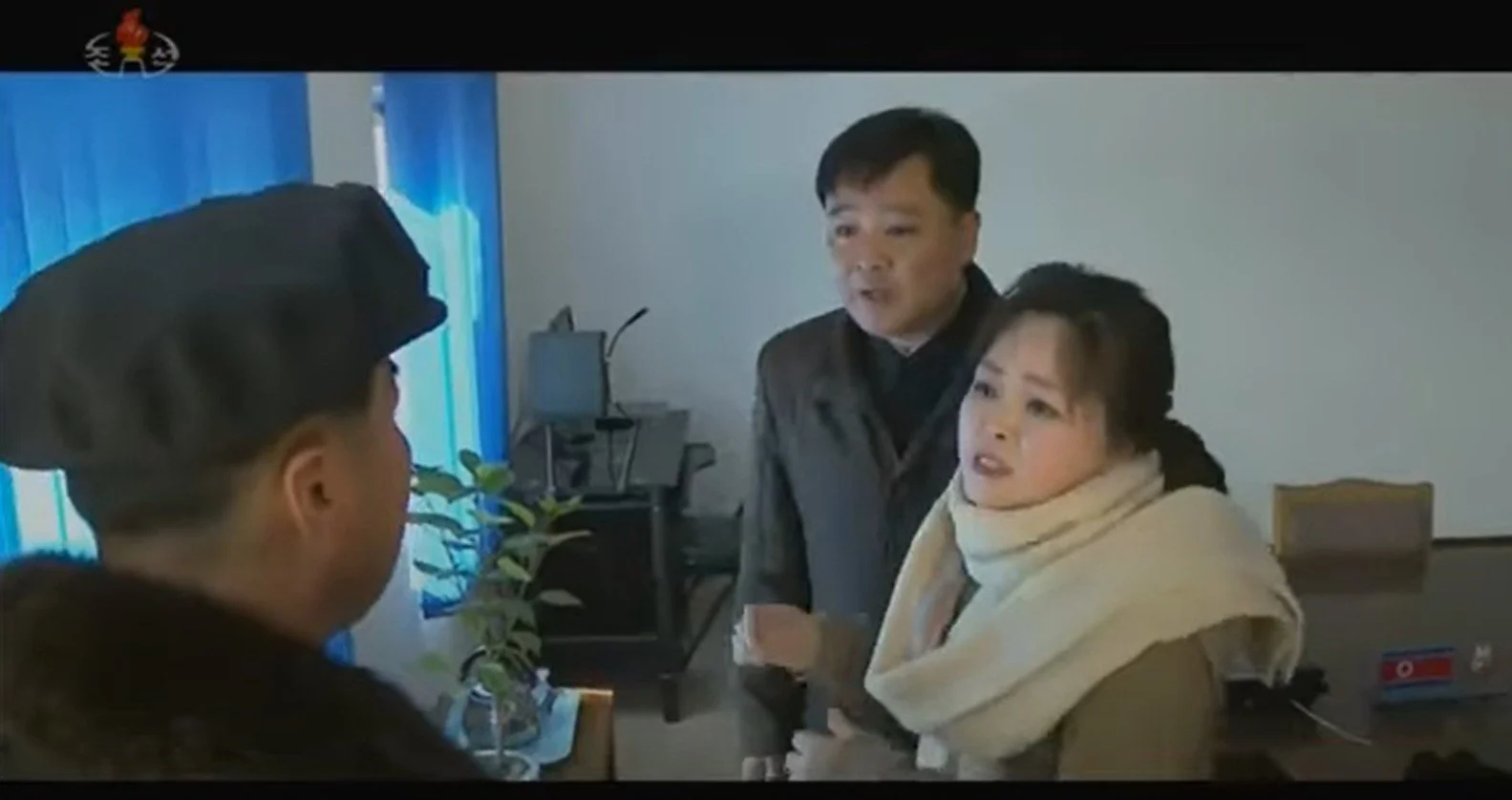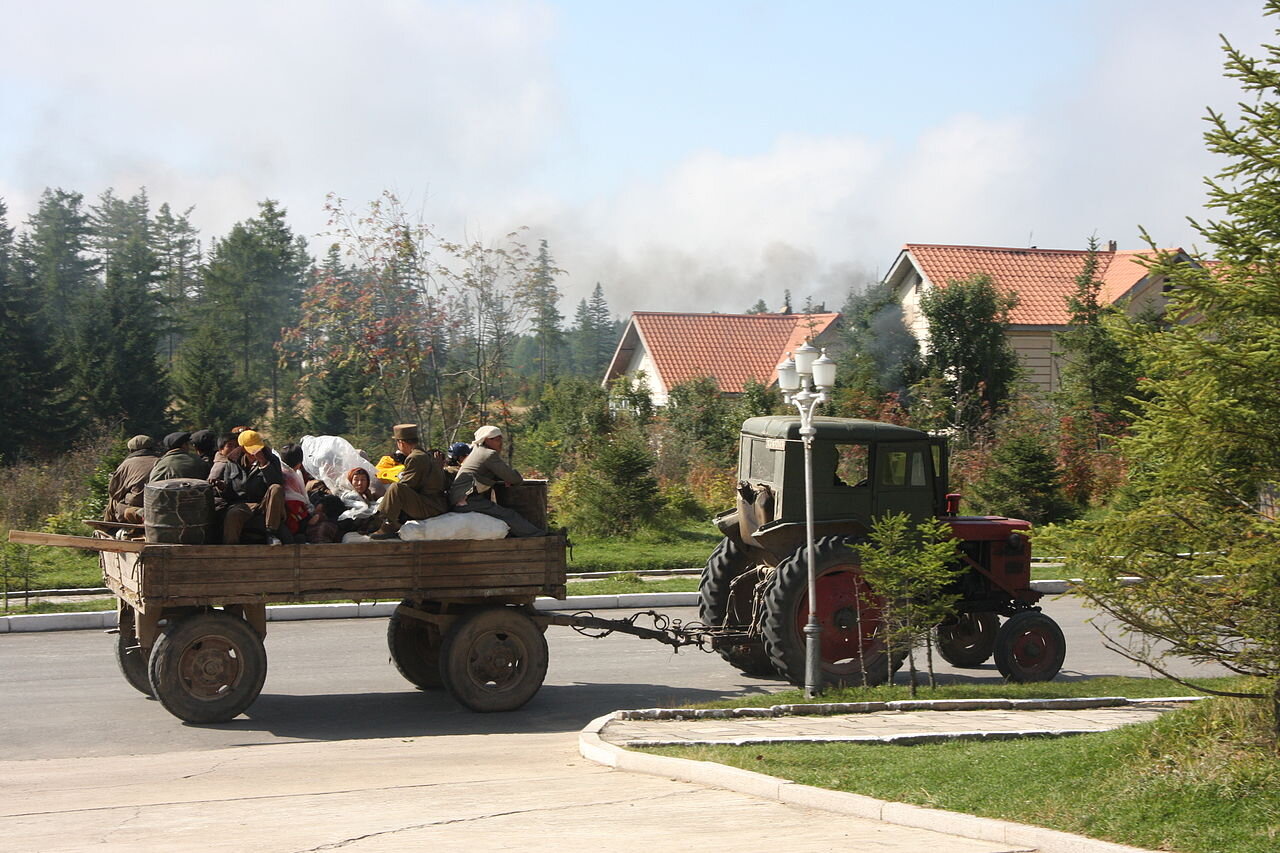A new hit drama was released in North Korea earlier this year. Unlike the typical propaganda that paints life in North Korea as a utopian paradise, this new (N)K-drama tells a different tale. The series depicts the tensions that exist between the people and corrupt officials, strife within families, and even goes so far as to portray a North Korean regime with many flaws.
“The show captivated its audience because, above all else, it was true to life,” according to an article in a North Korean monthly magazine. But if the story struck a chord because it was “true to life,” then were the other shows that North Korea produced not true to life? Some analysts say that this series, named “A New Spring in the Paekhak Plain,” is the regime’s bending to the new tastes of its people, as more of them are being exposed to foreign media. This is true, but what this series reveals is the power of truth. The light of truth often shines brighter in a world full of lies.
We have sampled all manner of North Korean propaganda from children’s cartoons to movies. In any of these forms, we have never seen a North Korean official painted in a negative light. In our podcast series, “The Demystified Zone,” we spoke in detail about the propagandized cartoons the regime has put out for younger audiences. In the cartoon, the regime is heavy handed in its references to North Korea’s view of its own place in global politics. The cartoon’s protagonists, the squirrels and hedgehogs, live in a utopian society called Flower Hill where its citizens are peaceloving and hard working. Outside forces such as the weasels and wolves constantly plot to destroy the good hearted people of Flower Hill. The show even goes so far as to depict the bear that swore to protect Flower Hill, but was too drunk to fulfill his vows, a direct reference to the USSR’s collapse.
The regime has been relentless to maintain its image within North Korea as pristine as it possibly can. Like in “Squirrel and Hedgehog,” any hardship in the lives of North Koreans is a product of external forces that seek to destroy the North Korean people. Often, the moral of North Korean propaganda is that the people must rise up and fight against such overwhelming external forces. To our knowledge, there has never been a direct reference to the famine or any of the subsequent food shortages that have taken place in North Korea’s recent history.
While the regime is quick to paint its place in global politics, it has been reticent to show the realities of life inside North Korea. Propaganda often portrays life in North Korea with tables full of choice foods, and harmonious relationships between citizens and government officials. This is why North Korea’s new drama is so different.
Another possible motivator behind North Korea’s new drama is that, since the famine of the late ‘90s, illegal foreign media consumption has become commonplace. North Koreans regularly consume media that has been smuggled in from China on USB drives. Apparently, much like the rest of the world, North Koreans cannot get enough of Korean dramas and movies. Survey data from North Korean defectors in South Korea show the dramatic rise in foreign media consumption in North Korea.
Last year, the organization NK News reported, “more than 83% of escapees who left the DPRK between 2016 and 2020 said they consumed foreign media, such as music and TV shows, up from 67.6% of respondents who left between 2006 and 2010.”
This could explain the reasons why North Korea felt compelled to detail the realities of the country. Perhaps the regime wanted to hold the attention of its own people. But we think the show’s resonance points to something more fundamental about the human heart. It shows that the North Korean people are starving for truth. We know about the Great North Korean Famine, which took place between 1995 and 1998. But a more subtle famine has taken place in North Korea for decades: a famine for truth.
“During the famine, the regime maintained that North Korea was paradise on earth. ”
Through troubled times, North Korea kept telling its people that everything was ok. During the famine, the regime maintained that North Korea was paradise on earth. North Korea’s new drama does not tell the entire truth. It does not reproduce the abject misery of many people’s lives, but rather it grazes truth. Even this must feel refreshing to the people.
Furthermore, North Korea has spent the last seven decades eradicating the Gospel from inside its borders. If the Bible is true, and if Jesus is truly the son of God as I believe, then there is an even greater famine in North Korea, a famine for the word of God, the truth that our hearts ultimately long for.

















